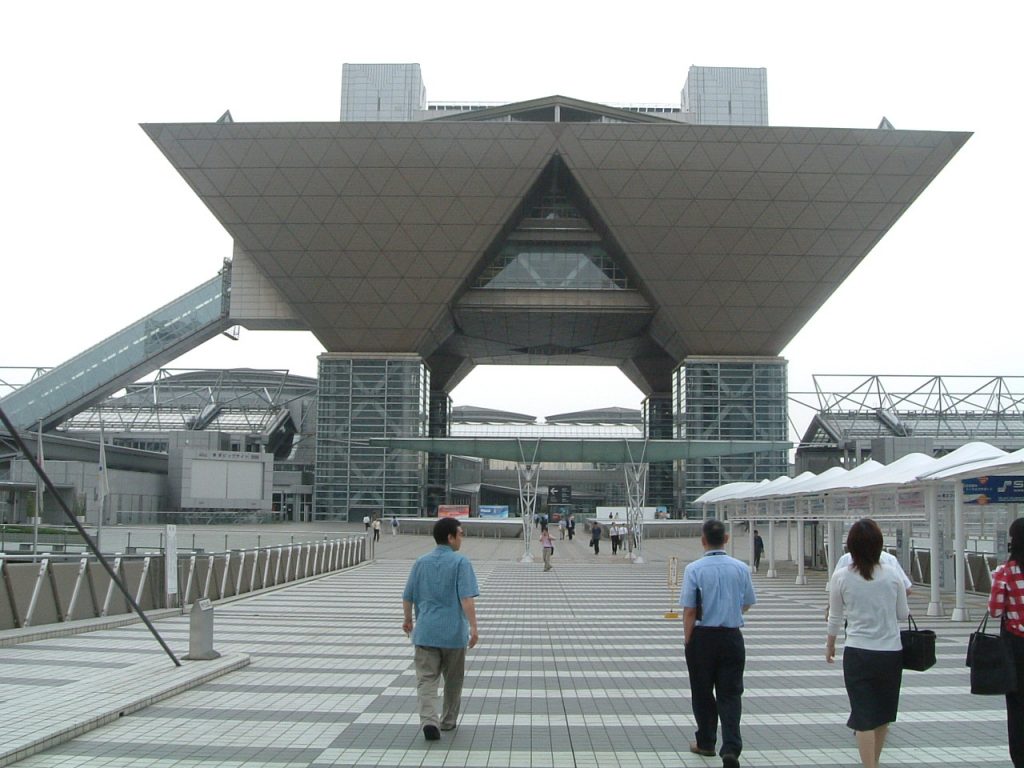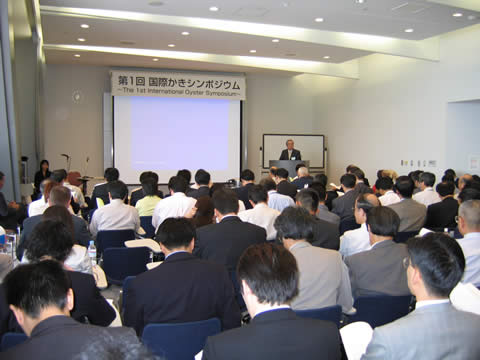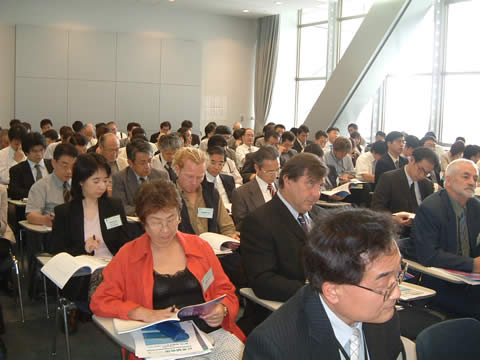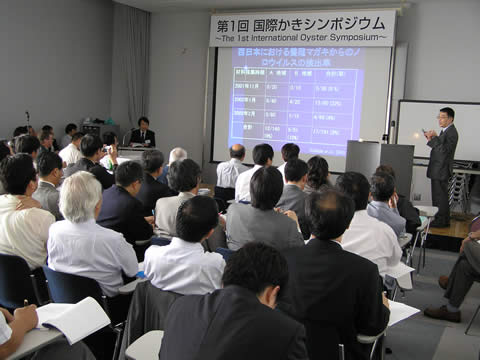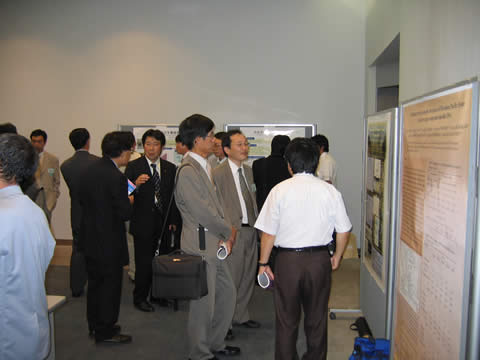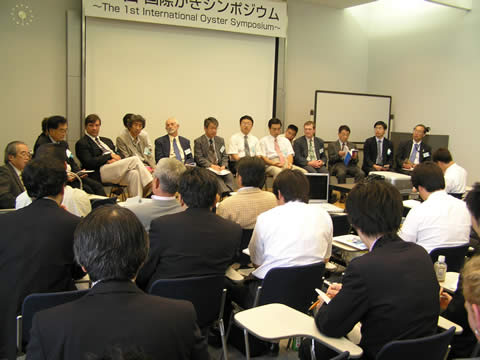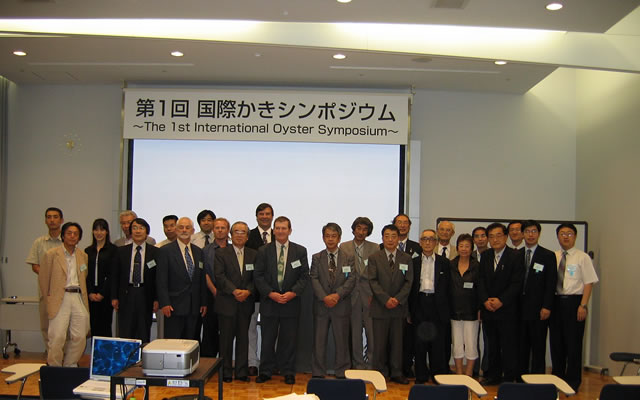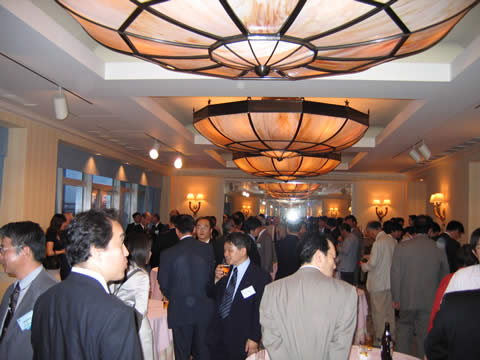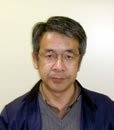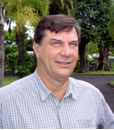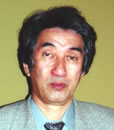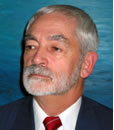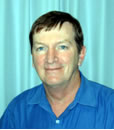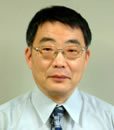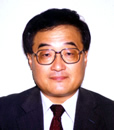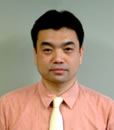The photograph of the symposium was opened to the public.
- Sponsor:
- The Foundation of Oyster Research Institute
- Date:
- July 13 (Wed) and 14 (Thu), 2005
Symposium (10:00 – 18:00, July 13 and 14)
Reception (18:30 – 20:00, July 13) - Venue:
- Tokyo International Exhibition Center “TOKYO BIG SIGHT”
Greetings
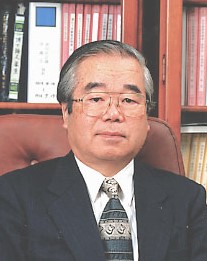
Seed oysters from Miyagi Prefecture, Japan, were exported in large quantities to the Pacific Coast of North America (1923-1978) and to different parts of France (1965-1980). However, as the local cultivation of these oysters that were transplanted from Miyagi has become possible, exports have now stopped. In other words, Miyagi oysters have completely taken root as a newly cultivated species in America, Canada, France, and in countries to which they were subsequently exported: Great Britain and Chile. Having been exported to the countries where Miyagi oysters were not native oysters, they have come to be a cosmopolitan oyster species both nominally and actually. They are no longer merely a typical local dish of Miyagi. In addition, it is a great honor for us that, even in France, where cuisine is elevated to the level of art, the savor of Miyagi oysters is highly prized.
An important reason for hosting the International Oyster Symposium exists: we must consider the importance of how Miyagi oysters, now cosmopolitan and renowned worldwide, have come to harmonize with local oysters from the standpoint of biology, industry, and food culture. Furthermore, the consequences of this research and discussion must shed light on the future of the global oyster industry.
The human population continues to increase. On the other hand, agricultural production is reaching its limit. Now, the wisdom of mankind is being sought to increase marine production and its proper distribution. Now is the time when we need creative wisdom and enlightening activities to develop an ecologically compatible system to increase marine production; we need to adopt strategies to promote health under the motto, “Let the sea live. Let us live with the sea”. Toward this purpose, the Oyster Research Institute has decided to hold the 1st International Oyster Symposium. As follows, we will have 11 speakers who are in favor of the goal of this Symposium and can give a lecture in an easily comprehensible manner regarding the history, present situation, problems, developments, or oyster eating culture and other topics in connection with oysters in his own country. In addition to the Oral Presentation, we plan to hold the Poster Session. It would be a great honor if you would participate in the Symposium.
(The Symposium will be concurrent with the 7th Japan International Seafood Show hosted by the Japan Fisheries Association)
Symposium Program
July 13 (Wed)
| Time | Speaker | Nation | Title |
|---|---|---|---|
| 10:00 – 10:15 | Katsuyoshi MORI | Japan | Opening Address |
| 10:15 – 11:00 | Keiichi SAKAI | Japan | History, Status, and Future of Oyster Culture in Miyagi Prefecture, Japan |
| 11:00 – 11:45 | Dominique BUESTEL | France | History, Status, and Future of Oyster Culture in France. |
| 11:45 – 13:00 | Lunch and Poster Session | ||
| 13:00 – 13:45 | Shigeatsu HATAKEYAMA | Japan | Oyster Culture and the Movement “Forest is a Sweetheart of the Sea” |
| 13:45 – 14:30 | René E. LAVOIE | Canada | History, Status, and Future of Oyster Culture in North America. |
| 14:30 – 15:00 | Break and Poster Session | ||
| 15:00 – 15:45 | Satoru AKASHIGE | Japan | History, Status, and Future of Oyster Culture in Hiroshima Prefecture, Japan |
| 15:45 – 16:30 | Qi LI | China | History, Status, and Future of Oyster Culture in China |
| 16:30 – 18:00 | Poster Session | ||
July 14 (Thu)
| Time | Speaker | Nation | Title |
|---|---|---|---|
| 10:00 – 10:45 | Keisuke TAKAHASHI | Japan | Mass Mortalities and Defense Mechanism of Oysters |
| 10:45 – 11:30 | Greg B. MAGUIRE | Australia | History, Status, and Future of Oyster Culture in Australia. |
| 11:30 – 13:00 | Lunch and Poster Session | ||
| 13:00 – 13:45 | Kiyokuni MUROGA | Japan | Norovirus Contamination in Oysters |
| 13:45 – 14:30 | Changhu XUE | China | History, Status, and Future of Oyster Utilization and Processing in China |
| 14:30 – 15:00 | Break and Poster Session | ||
| 15:00 – 15:45 | Kunio SHIRASU | Japan | Overseas Development of Oyster Culture and Processing by a Japanese Company: Status and Problem |
| 15:45 – 16:45 | Poster Session | ||
| 16:45 – 17:45 | General Discussion | ||
| 17:45 – 18:00 | Katsuyoshi MORI | Japan | Closing Address |
*Each oral presentation will be given in English (or Japanese) for 30 minutes. Immediately after that, its brief outline will be explained in Japanese (or English). In addition, a few questions as to each presentation can be answered.
speakers
Proceedings
- Oyster Culture in North America History, Present and Future (René E.Lavoie)
- The taxonomic status and origin of the Portuguese oyster Crassostrea angulata (Lamark, 1819 ) (Frederico M. Batista , Alexandra Leitão, Arnaud Huvet, Sylvie Lapègue, Serge Heurtebise and Pierre Boudry )
- Influence of sole and plurispecific diets on larval consumption and development of Pacific oyster Crassostrea gigas (Thunberg) (Robert R., Rico-Villa B.and Mingant C )
- History, Status and Future of Oyster Culture in Australia (Greg B. Maguire and John A. Nell )
- Roles of oyster aquaculture in food supply and protection of environment (Kunio Shirasu )
- History,Status and Future of Oyster Culture in France ( D. Buestel )
